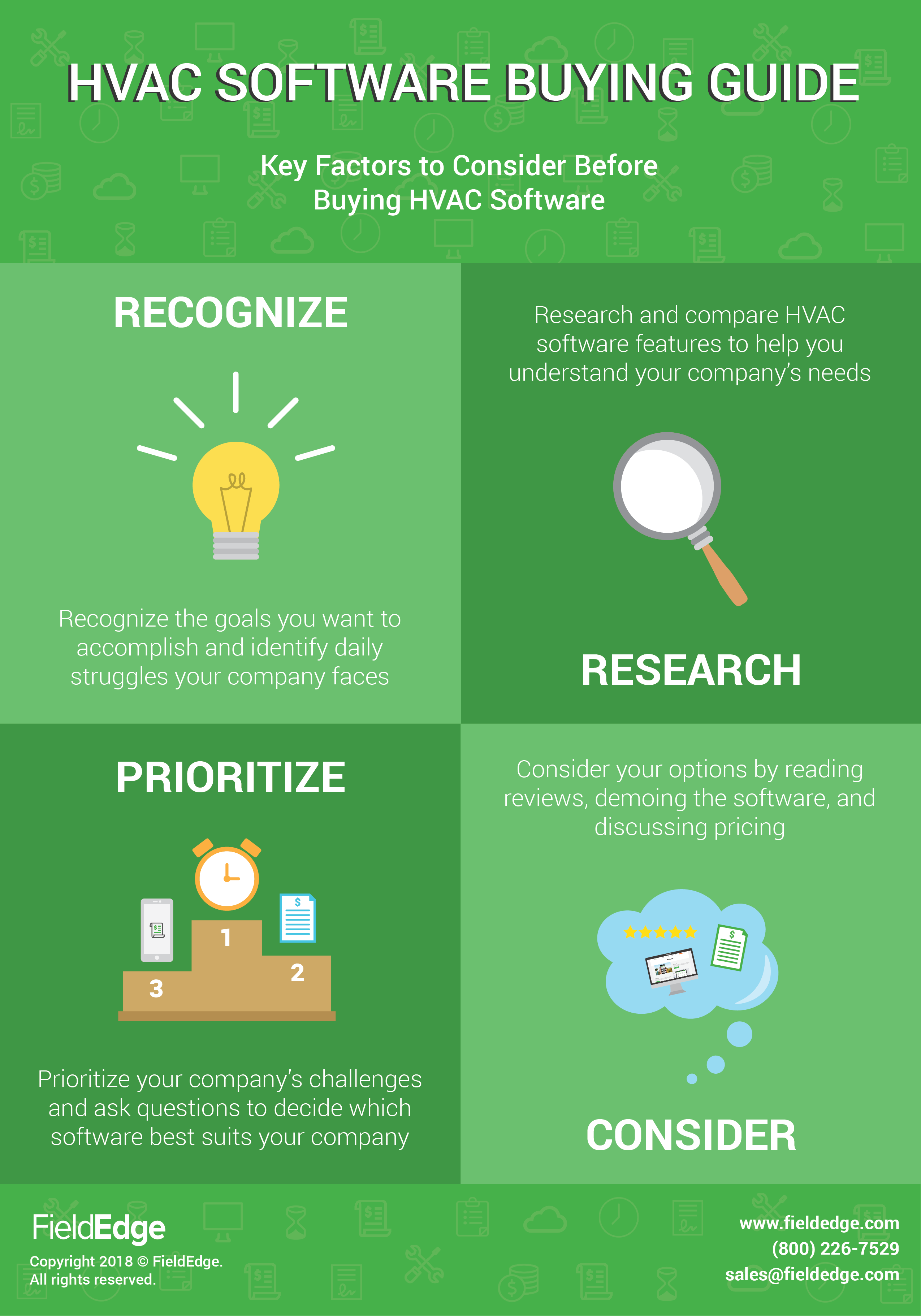The Future Of Home Heating - Just How Heatpump Innovation Is Advancing
The Future Of Home Heating - Just How Heatpump Innovation Is Advancing
Blog Article
Short Article Developed By-Dugan Dominguez
Heat pumps will certainly be an important technology for decarbonising home heating. In a scenario constant with governments' revealed energy and environment commitments, their international ability increases by 2030, while their share in home heating rises to one-quarter.
They work best in well-insulated homes and rely on power, which can be supplied from an eco-friendly power grid. Technical innovations are making them a lot more effective, smarter and cheaper.
Fuel Cells
Heatpump use a compressor, cooling agent, coils and followers to relocate the air and heat in homes and appliances. They can be powered by solar energy or electrical energy from the grid. They have been getting appeal due to their low cost, quiet procedure and the capacity to generate electrical energy throughout peak power need.
Some business, like IdaTech and BG MicroGen, are working with fuel cells for home heating. These microgenerators can replace a gas boiler and create several of a house's electrical requirements with a link to the electrical power grid for the rest.
Yet there are reasons to be cynical of using hydrogen for home heating, Rosenow says. It would certainly be pricey and inefficient compared to various other modern technologies, and it would include in carbon emissions.
Smart and Connected Technologies
Smart home technology enables house owners to connect and regulate their tools remotely with using smartphone applications. For example, smart thermostats can discover your heating choices and instantly adjust to optimize power consumption. Smart lights systems can be managed with voice commands and automatically switch off lights when you leave the space, reducing power waste. And https://pix11.com/news/reopening-schools/crews-inspect-nyc-school-ventilation-systems-amid-worries-about-poor-air-circulation/ can keep track of and manage your electric usage, allowing you to recognize and restrict energy-hungry appliances.
https://www.homesandgardens.com/advice/eco-cooling -savvy household depicted in Carina's meeting is a good illustration of just how owners reconfigure space heating methods in the light of brand-new wise home modern technologies. They rely on the tools' computerized features to execute daily adjustments and concern them as a practical means of conducting their home heating methods. Because of this, they see no reason to adjust their methods better in order to enable versatility in their home power demand, and treatments focusing on doing so may face resistance from these families.
Power
Because warming homes accounts for 13% of US emissions, a switch to cleaner choices can make a huge distinction. But the innovation faces obstacles: It's costly and needs extensive home remodellings. And it's not always suitable with renewable energy sources, such as solar and wind.
Up until recently, electric heat pumps were also pricey to take on gas designs in many markets. Yet brand-new innovations in layout and materials are making them extra budget friendly. And better chilly climate efficiency is allowing them to function well even in subzero temperature levels.
The following step in decarbonising heating might be the use of warm networks, which draw warmth from a central resource, such as a nearby river or sea inlet, and distribute it to a network of homes or structures. That would certainly minimize carbon exhausts and permit homes to make the most of renewable resource, such as eco-friendly electrical energy from a grid provided by renewables. This alternative would be much less costly than changing to hydrogen, a nonrenewable fuel source that requires brand-new infrastructure and would only decrease CO2 emissions by 5 percent if paired with boosted home insulation.
Renewable Energy
As electricity rates go down, we're beginning to see the exact same fad in home heating that has actually driven electrical cars and trucks right into the mainstream-- however at an even faster speed. The solid environment case for impressive homes has actually been pushed even more by brand-new study.
Renewables make up a substantial share of modern-day warmth intake, however have been provided restricted policy attention worldwide compared to various other end-use markets-- and even much less attention than electricity has. Partly, this shows a mix of customer inertia, split motivations and, in numerous countries, aids for fossil fuels.
New innovations can make the change simpler. For example, heat pumps can be made much more energy effective by changing old R-22 cooling agents with brand-new ones that do not have the high GWPs of their predecessors. Some professionals likewise visualize district systems that draw heat from a nearby river or sea inlet, like a Norwegian fjord. The warm water can then be utilized for cooling and heating in a neighborhood.